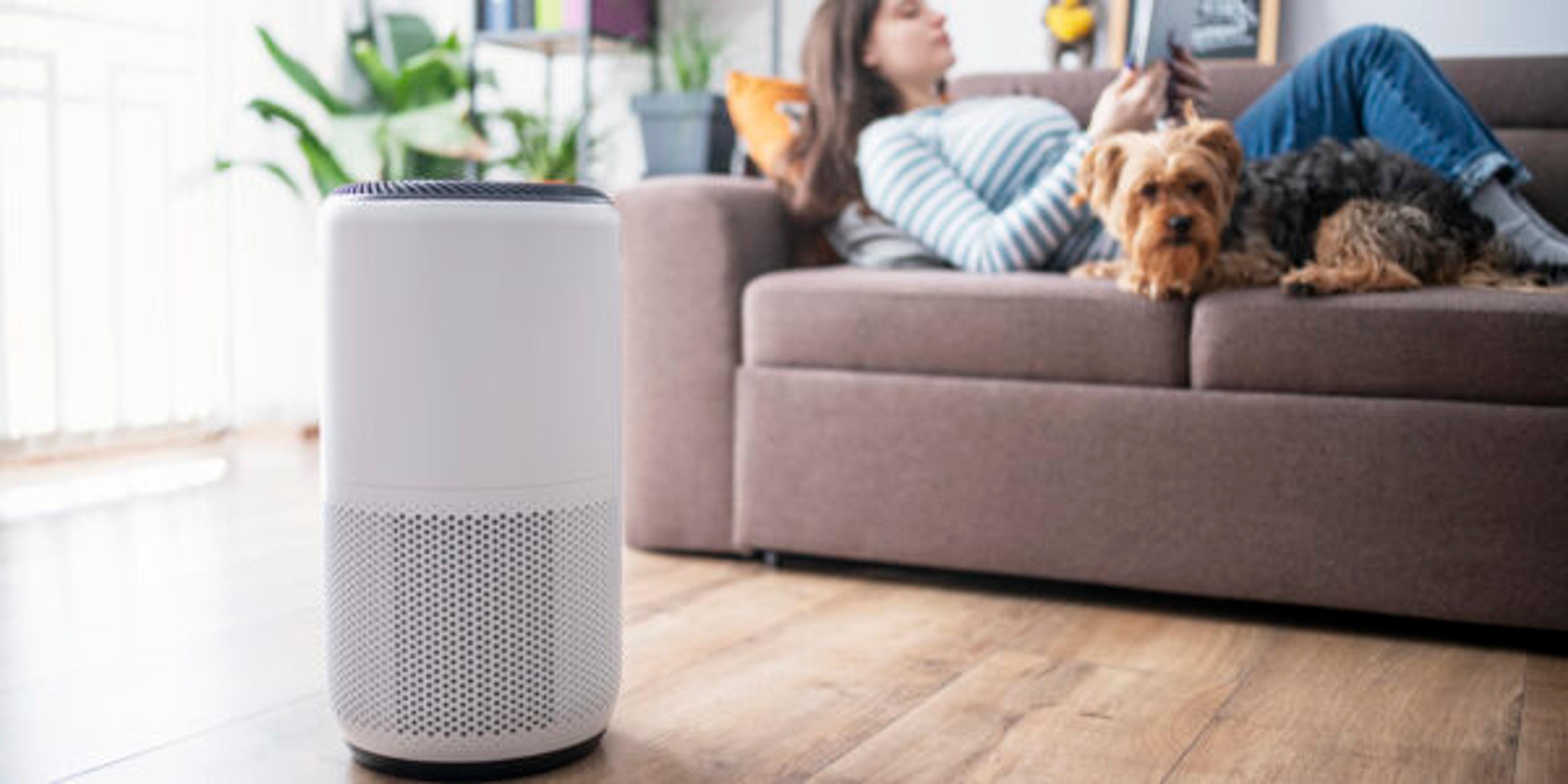How to Clean Your Humidifier – and Why it’s Important
Shandra Martinez
| 3 min read

In this season of colder temperatures and icy winds, a little warm-mist therapy might be just what your skin needs to feel cozy and cared for. Winter is often a time we battle chapped lips and dry, cracked skin on our hands. It’s also when the insides of our noses can feel very dry or itchy and even our throats can feel parched. It’s the season when a good humidifier can make a difference in how your body feels. But if you’re running one, you also need to know how to clean it, or you could be setting yourself up for health issues. Here’s what to know:
What is a humidifier?
Humidifiers are machines used inside homes or offices that put a water vapor mist into the air, increasing the air’s humidity. The mist can be cool or warm. Their size varies, too. Humidifiers can be big devices with a large water-holding capacity that can be rolled from room to room, or they can be tiny desk-top misters that run on just a coffee-cup serving size of water. Some are decorative, adding style, color and even a light feature to a room. Others are utilitarian, looking more like a small countertop appliance.
Health benefits of using a humidifier
Living in cold-weather places like Michigan means understanding how to get through winter comfortably. A humidifier helps with that. Think of it as a mister that moisturizes not only your skin, but any part of your body – nose, lips, throat – that tends to get dry easily. Healthline shared a list of uncomfortable or irritating dry-air conditions that humidifiers can help ease. They include:
- Dry coughs
- Dry nasal passages
- Chapped lips
- Dry, cracked skin
- Headaches caused by sinus congestion
- Symptoms related to allergies
- Cold and flu symptoms
Why humidifiers must be cleaned
While humidifiers can make rolling through a dry winter much easier, it’s also very important to clean and maintain any humidifier in your home or office. Dirty humidifiers can cause health problems. Mold and bacteria can grow in humidifiers that are not cleaned regularly, and then these can be sent out into the misty air that you are breathing in. Chemical or mineral deposits from the water used in humidifiers can also clog up the machine, or foul the mist.
Easy cleaning steps
Always follow a humidifier manufacturers’ directions for cleaning the machine. Wirecutter recently shared these easy-to-follow tips for regular and deep cleaning. Most humidifiers should have their water changed and be lightly cleaned at least once a week. Deep-cleaning can be done once or twice a month to keep mold and bacteria from growing in the water container.
Light cleaning steps:
- Remove and empty the water tank
- Remove or disassemble any other pieces that are connected to the mist/vapor delivery
- Use a vinegar and water solution to wipe out the tank
- Use the same solution to wipe residue or chalky buildup off the pieces
- Rinse, then let everything air dry
- Reassemble
- Refill the water tank with fresh water when ready to use
Disinfecting steps:
- Follow the steps above for removing the tank and disassembling any pieces
- Using a solution of bleach diluted in water, scrub the empty tank and pieces with a brush
- Rinse thoroughly
- Allow to air dry
- Reassemble and refill with fresh water
Related:
Photo credit: Getty Images





